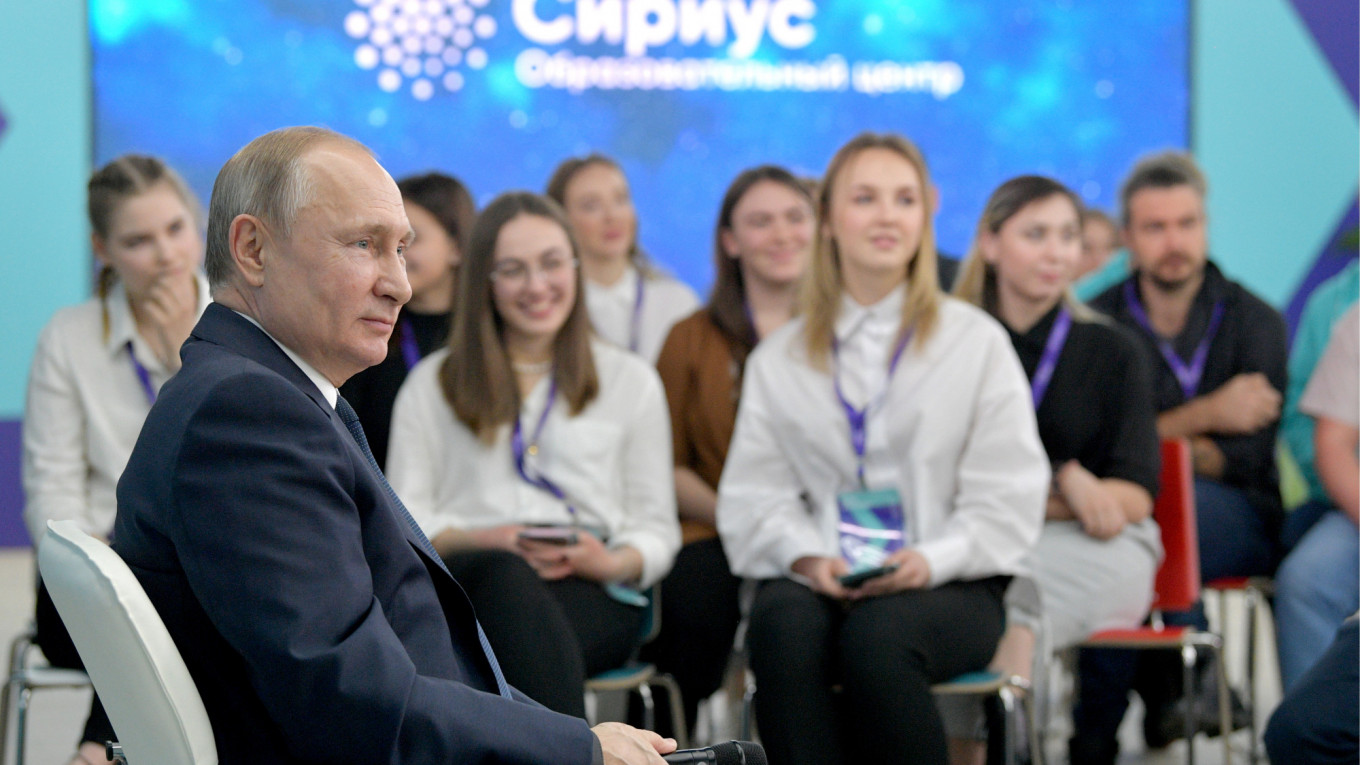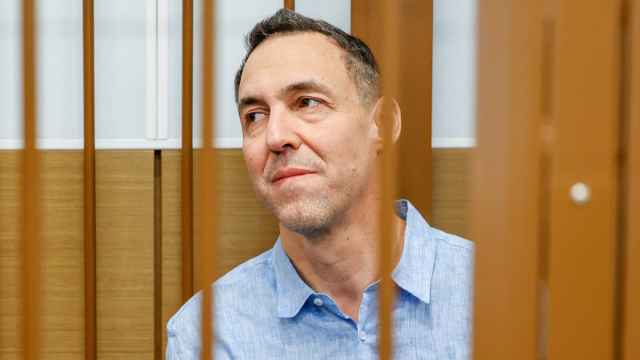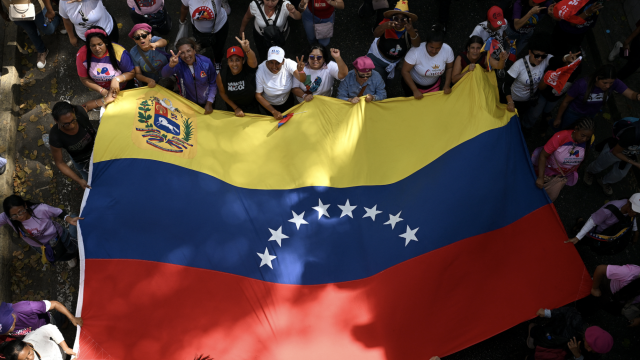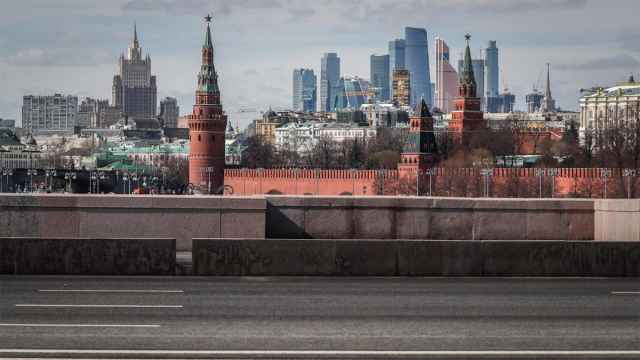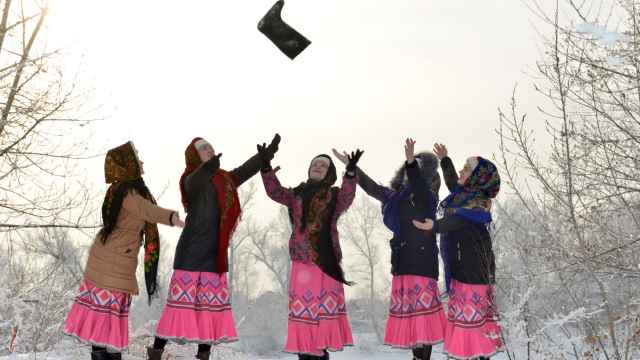Russia must remain a strong presidential republic, President Vladimir Putin said on Wednesday when asked about a possible transitional period once he steps down in 2024.
Last week Putin, who under the constitution cannot run for another presidential term, proposed constitutional changes that would give him scope to extend his grip on power after leaving the presidency.
The suggestions include reducing the powers of the presidency and beefing up those of the prime minister, prompting speculation that Putin might be eyeing a return to a job he held from 2008 to 2012.
"Our country, obviously, has to be a strong presidential republic. That's the first thing. And then, we have so many ethnic groups, nationalities, ways of life, it is practically impossible to integrate in the framework of a parliamentary republic," Putin said, in comments which seemed to contradict last week's message.
Putin, who is 67, was speaking at a televised meeting with Russian students in the Black Sea resort of Sochi.
Asked by one student whether Russia should consider setting up some kind of transitional institution as happened in Singapore, Putin said this was not appropriate for his country.
Lee Kuan Yew, the founding father of modern Singapore, was named the Minister Mentor, an advisory position, after his retirement from active politics, to help provide stability.
"He was an outstanding man... That's true, he was, I don't know, around 30 years in power, and he founded the country, that's true... You want me to be the Minister Mentor?"
"What you propose, would undermine the institution of the presidency. I think that for such a country as Russia this is not applicable," said Putin, who has dominated Russian politics as president or prime minister for two decades.
A Message from The Moscow Times:
Dear readers,
We are facing unprecedented challenges. Russia's Prosecutor General's Office has designated The Moscow Times as an "undesirable" organization, criminalizing our work and putting our staff at risk of prosecution. This follows our earlier unjust labeling as a "foreign agent."
These actions are direct attempts to silence independent journalism in Russia. The authorities claim our work "discredits the decisions of the Russian leadership." We see things differently: we strive to provide accurate, unbiased reporting on Russia.
We, the journalists of The Moscow Times, refuse to be silenced. But to continue our work, we need your help.
Your support, no matter how small, makes a world of difference. If you can, please support us monthly starting from just $2. It's quick to set up, and every contribution makes a significant impact.
By supporting The Moscow Times, you're defending open, independent journalism in the face of repression. Thank you for standing with us.
Remind me later.


